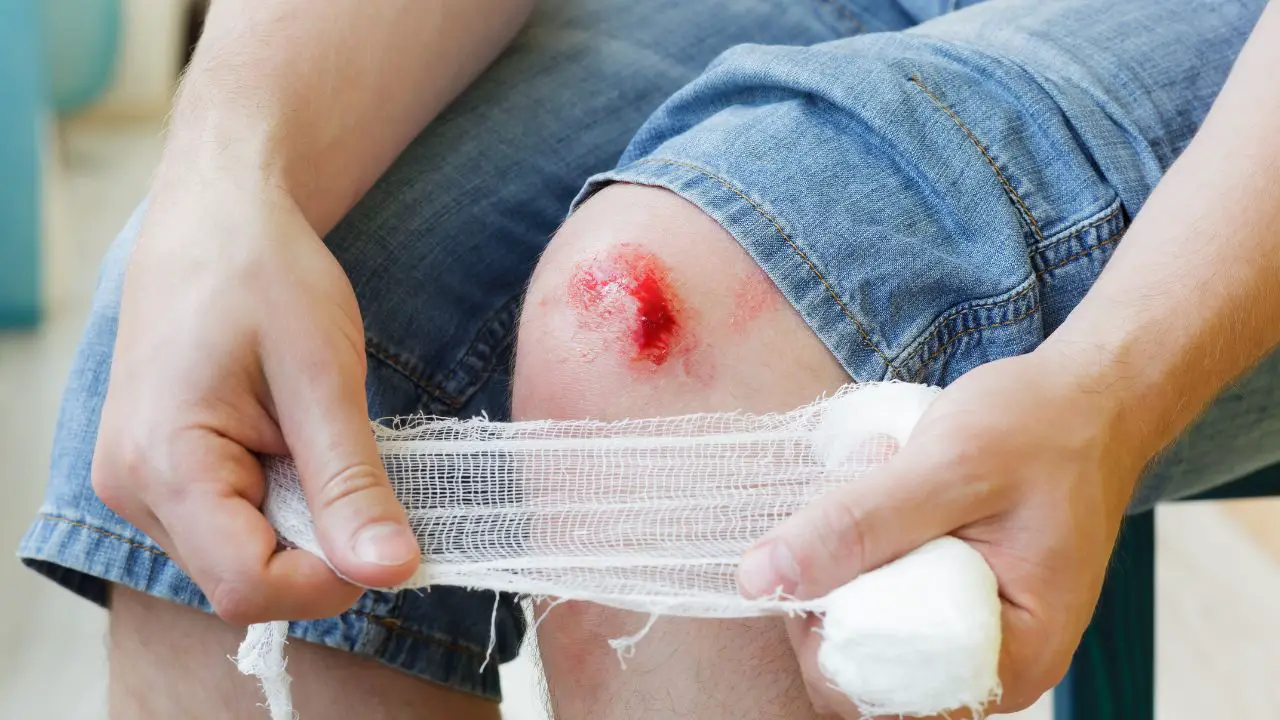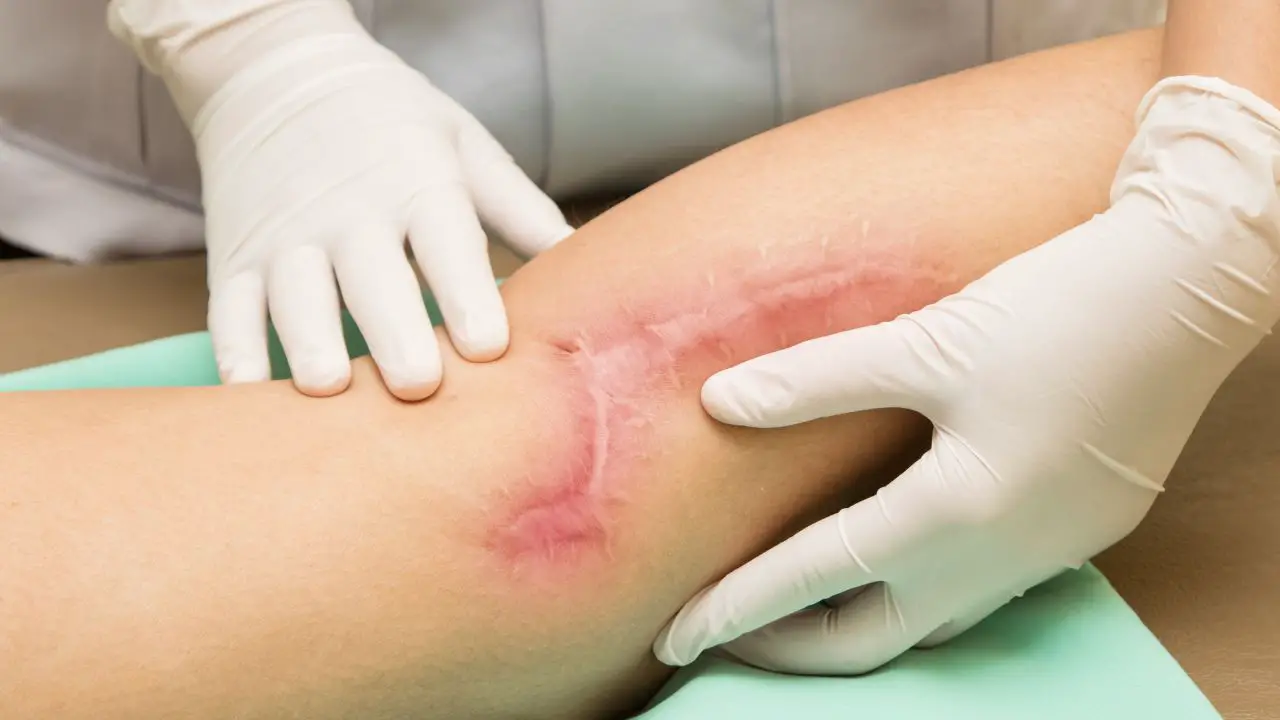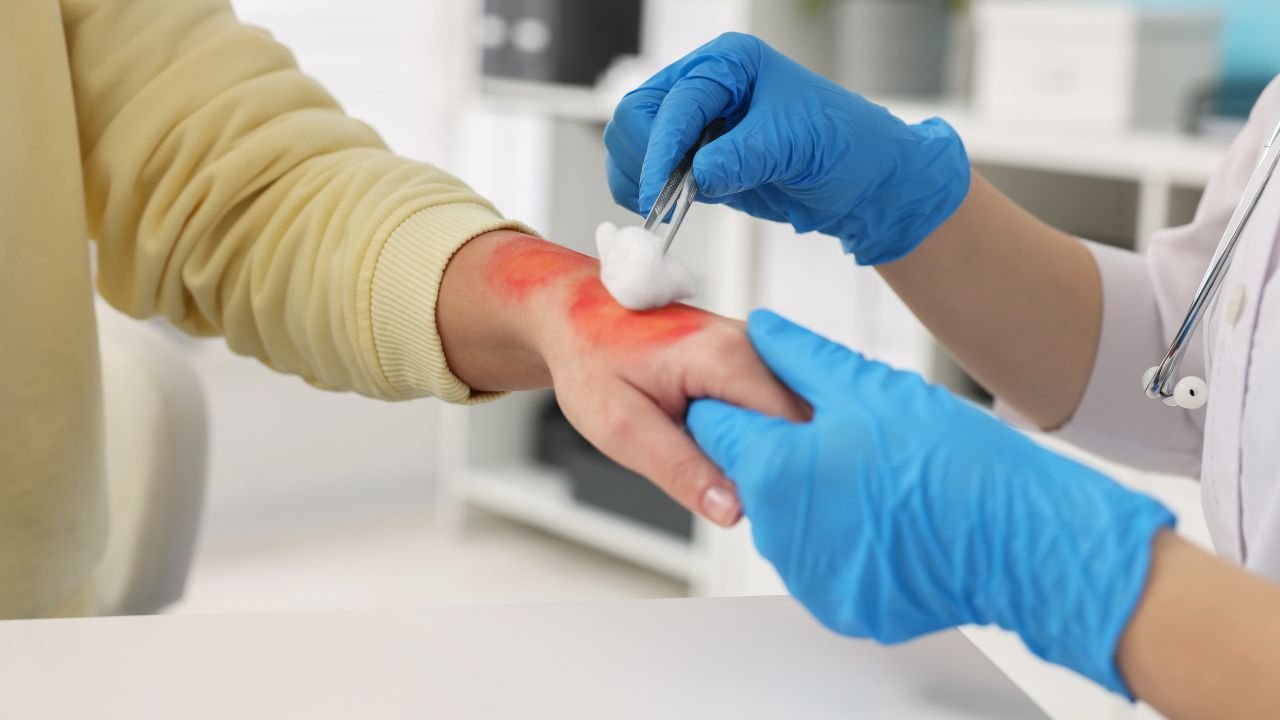The human body consists of four basic types of tissues: the epithelial, nervous, muscle, and connective tissue. These tissues possess an incredible capacity to self-repair and regenerate. Some of these heal faster than others. For example, when you get a cut on your back, leg, or hand, it may take several days or weeks to heal.
But, when you develop a sore mouth or get a cut on your tongue, it heals overnight. Though tissue healing depends on an individual’s overall health status and lifestyle, certain factors can impact the process of healing and prolong the recovery period.
In this article, we will delve into the reasons behind the mouth’s rapid healing ability and the various factors contributing to it.
Mouth: The fastest healing part

Though all body parts work tirelessly to heal from various injuries, the mouth stands out as the most rapid repairing and regenerating organ. The wounds in our mouth heal very fast with the least scarring compared to those in other body parts. The mouth (oral cavity) is the first part of our gastrointestinal tract.
Also Read: How a pill made from human poop can save your life?
It is the entry point of food and the process of digestion begins here. It contains several organs including lips, teeth, gums, tongue, and soft and hard palate. Three pairs of salivary glands named submandibular, parotid, and sublingual glands are also part of the mouth.
Several factors responsible for the fast healing of the mouth are as follows:
Saliva:
The presence of saliva in the mouth promotes the healing of oral wounds in several ways. Survival and functioning of certain inflammatory cells is essential for wound healing, and saliva makes it possible by creating humidity. Additionally, it contains many proteins i.e. tissue factors that accelerate blood clotting.
Rich blood supply:
Our mouth is a highly perfused structure i.e. an enriched blood supply. This high vascularization ensures the delivery of oxygen and all the essential nutrients to the wound site, hence promoting swift healing.
High turnover rate:
The cells in our mouth are continuously being replaced meaning that they have very rapid turnover. Therefore, the injured tissue in the mouth is repaired in no time.
Also Read: The longest living person without a pancreas.
Regenerative capabilities of other body parts

While our mouth is the fastest healing part, some other parts of the body e.g. liver, skin, and bones also have impressive capabilities to regenerate and repair. Skin is the largest organ of our body, and regenerates notably whether there are minor scratches or deeper wounds.
Among the internal organs of our body, the liver is unique in its regenerative capacity. If the liver tissue is lost or cut during surgery, it can regenerate but takes longer than wounds in the mouth. Similarly, bones possess a high ability to heal. But to fully heal, bones may take several weeks to months.
Phases of healing

Wound healing is a natural process that occurs in three (03) phases described below.:
🔬 Subscribe to SciMail
Get the latest science discoveries straight to your inbox!
Inflammatory phase:
It is the initial stage of the healing process and begins immediately after the injury and lasts for some days. It controls bleeding and prevents infection. First of all, the blood vessels constrict to control bleeding and the platelets form blood clots.
Then, blood vessels dilate and immune cells such as macrophages move to the wound site and clear all the debris. The increased flow of blood and cells’ activity results in swelling and redness.
Proliferation phase:
It is the second stage of skin healing following the inflammatory stage. Typically, it starts after the first week of injury and can last several weeks. In this stage, the tissues are repaired and regenerated.
Remodeling:
It is the final stage of skin healing also called the maturation stage. In this stage, the granulated tissue matures and is transformed into a scar. The tensile strength of tissue is increased in this stage.
Factors influencing wound healing

Delayed healing of wounds can be due to multiple reasons. Major factors are summed up below:
Diabetes:
Diabetes causes deranged collagen formation thus leading to delayed wound healing.
Infection:
The infection of the wound site is very common. Microbes invade wounds, release certain toxins, and inhibit the inflammatory and proliferative phases of wound healing.
Drugs:
The synthesis of collagen and proliferation of fibroblasts is essential for the healing of wounds. Certain drugs e.g. steroids and antimetabolites impede these processes thus delaying recovery.
Nutritional problems:
For rapid healing, nutrition is an important factor. Malnutrition and deficiencies of zinc, vitamins A, and C can impair the normal process of healing.
Tissue necrosis:
Wounds heal surprisingly well in highly perfused areas (areas of rich blood supply) of the body. When blood flow is compromised to a body part, tissue death called necrosis starts, inhibiting healing. Since, minor wounds which have a borderline blood supply, may mark very slow wound healing.
Hypoxia:
Due to constriction of the blood vessels at the site of a wound, the oxygen supply to the tissues becomes inadequate. This is called hypoxia which results in impaired wound healing.
Excessive tension on wound edges:
If a wound is not properly looked after and an excessive load is placed on its edges, tissue death can occur. In elderly patients, the process of healing is slower as compared to young adults.
Another wound:
If a person has multiple wounds, healing is impaired at all the sites due to competition between these healing areas for the substrate required for healing.
Low temperature:
A reduction of 1-1.5 degrees Celsius in the wound’s temperature from normal core body temperature causes slower healing, especially in the distal parts of upper and lower limbs (fingers, toes, etc).


Leave a Reply